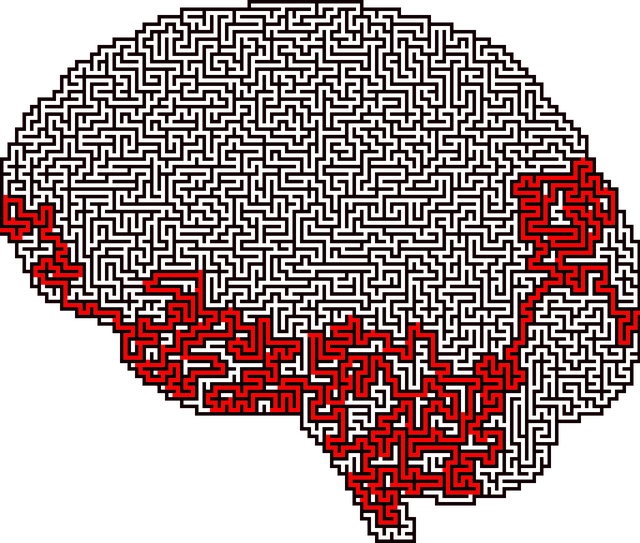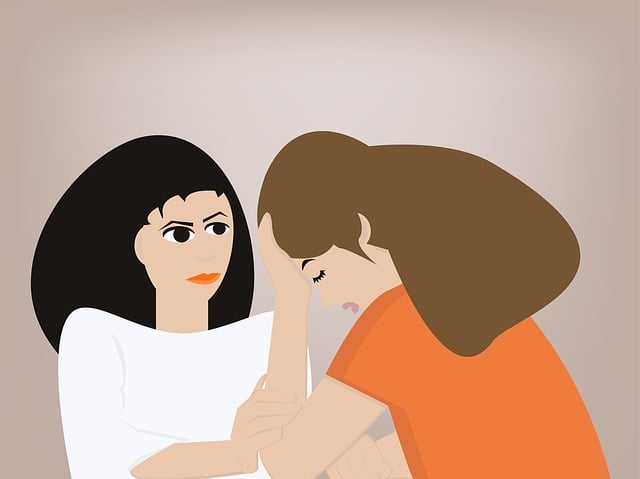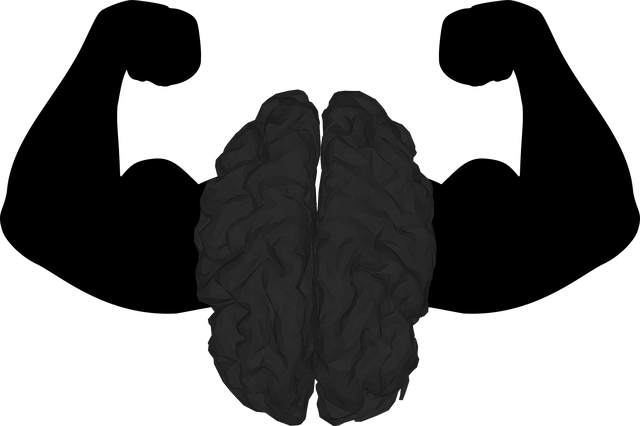Media portrayal significantly shapes societal attitudes towards mental health, with particular impact on eating disorders. In Colorado Springs, while some media promote awareness and accurate narratives, many still perpetuate harmful stereotypes that can isolate and shame those struggling. Colorado Springs Eating Disorders Therapy (CSEDT) is at the forefront of advocating for positive change by integrating holistic treatment plans that focus not just on symptoms but also emotional intelligence and social skills development. Through these efforts, CSEDT fosters a supportive environment, encourages help-seeking behaviors, and ultimately promotes improved mental well-being.
Mental illness representation in media significantly influences societal perceptions and individuals’ well-being. This article delves into the impact of media portrayal on mental health, focusing specifically on eating disorders. We examine the current state of media’s role in raising awareness, highlighting both positive and negative trends. Furthermore, we explore strategies for positive change, with a special emphasis on Colorado Springs Eating Disorders Therapy as a beacon of hope and recovery. Remember that accurate representation is vital, and understanding these dynamics can foster a healthier, more supportive society.
- Understanding the Impact of Media Portrayal on Mental Health
- The Current State: Examining Media's Role in Eating Disorders Awareness
- Strategies for Positive Change: Colorado Springs Eating Disorders Therapy and Beyond
Understanding the Impact of Media Portrayal on Mental Health

Media portrayal plays a significant role in shaping societal perceptions about mental health, which can either promote understanding or perpetuate stigma. In Colorado Springs Eating Disorders Therapy, for instance, media representation can greatly impact individuals struggling with eating disorders and other mental health issues. Positive and accurate portrayals can encourage those affected to seek help, fostering emotional well-being promotion techniques and self-care routine development. Conversely, negative or stereotypical representations may lead to further isolation and shame.
A critical analysis of media content is necessary to ensure mental health policy analysis and advocacy reflect reality. By challenging harmful narratives and advocating for more nuanced, empathetic portrayals, we can create a supportive environment that encourages open conversations about mental illness. This shift in representation could be transformative, contributing to better access to care and improved outcomes for those navigating their mental health journeys.
The Current State: Examining Media's Role in Eating Disorders Awareness

In today’s digital age, media plays a significant role in shaping societal perceptions, especially regarding mental health issues like eating disorders. The current state of representation in Colorado Springs Eating Disorders Therapy showcases a mixed picture. While some media outlets are making strides towards raising awareness and promoting understanding, many still perpetuate harmful stereotypes and unrealistic beauty standards that can contribute to the development and exacerbation of eating disorders.
Media’s influence on mental wellness is profound, offering both challenges and opportunities. On one hand, sensationalized portrayals can lead to stigmatization and fear. However, when media presents accurate, nuanced narratives centered around mental health, it fosters dialogue, empathy, and seeks to destigmatize these conditions. Encouragingly, some platforms are beginning to provide guidance on healthy body image, mental wellness journaling exercises, and stress reduction methods as part of their content, alongside professional advice from therapists and counselors in Colorado Springs Eating Disorders Therapy. This shift aligns with the broader goal of offering anxiety relief and promoting holistic mental health practices.
Strategies for Positive Change: Colorado Springs Eating Disorders Therapy and Beyond

In the ongoing quest for positive mental health representation in media, initiatives like Colorado Springs Eating Disorders Therapy are leading the charge. This therapy center and similar programs focus on comprehensive treatment plans that go beyond addressing symptoms. They foster mental health awareness by integrating strategies such as emotional intelligence development and social skills training, empowering individuals to navigate social interactions with greater confidence and resilience.
By shifting the narrative from stigmatization to support, these efforts aim to create a more inclusive environment where people struggling with eating disorders and other mental health challenges feel understood and encouraged to seek help. This holistic approach not only addresses the immediate issue but also equips individuals with lifelong coping mechanisms, ultimately contributing to improved emotional well-being and quality of life.
Media plays a powerful role in shaping societal perceptions of mental health. By accurately representing mental illness, especially eating disorders, we can reduce stigma and foster understanding. The current landscape highlights the need for positive change, as seen in initiatives like Colorado Springs Eating Disorders Therapy. These efforts not only provide vital support but also contribute to a more inclusive and empathetic media environment. Through collaborative strategies and open dialogue, we can navigate towards a future where mental illness is met with compassion and proper care.














